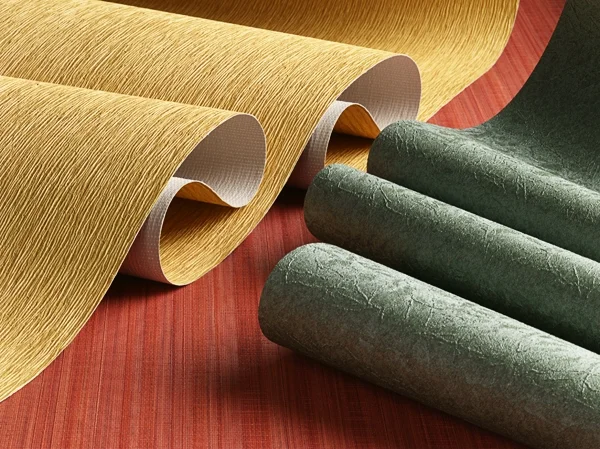Gordon Boggis, CEO of Carnegie, a textiles company that actively markets itself as a non-PVC company, and makes competing products to PVC, recently published a deceptive essay in Fast Company entitled, “7 non-PVC sustainable solutions in architecture and design.”
Citing a paper from entrenched anti-PVC groups Perkins & Will and Healthy Building Network, Boggis portrays PVC manufacturing as a problematic emitter of dioxin. Which is wrong: vinyl manufacturing accounts for less than 7% of total dioxin emissions, according to the U.S. EPA.
Boggis also claims PVC is a landfill issue. That, too, is inaccurate, as PVC represents less than three percent of all plastic in landfills.
And he promotes a number of unproven alternatives to PVC. Weaker ones too, like wood floors, which are far less durable, cost more money, and require more repairs, than vinyl.
Misrepresentations aside, we were curious why Fast Company would find Boggis’ piece remotely newsworthy to publish on its platform.
Then we spotted a curious notation at the top of Boggis’ article that says: “Impact Council.”
For those of you who didn’t know (like us), Fast Company’s “Impact Council” is a fee-based program where members are “invited to work directly with a member of our editorial team to submit pieces of thought leadership for publication on fastcompany.com.”
(Translation: Pay Fast Company $3,500 a year and you can apparently use their brand to trash your competitors with baseless claims on their pages.)
To be clear, Boggis’ essay is hardly “thought leadership.” It’s a marketing piece, evidenced by the fact it impugns PVC, which aligns with the company’s entire business model as a maker of “Forever PVC-free” products, and promotes the virtues of vinyl alternative wall coverings, which Carnegie sells.
In fact, Boggis recommends Fast Company readers opt for some of the very wall coverings Carnegie manufactures. In advocating for wall-covering vinyl substitutes, he writes, “[w]ell-established, high-performance alternatives include bio-based polyethylene (up to 85% biobased content), thermoplastic polyolefins (TPO), woven polypropylene (PP), and polyethylene terephthalate (PET).”
Many of these are precisely what Carnegie sells. For example, its “biobased Xorel” product line has “a remarkable bio content, between 60-85%,” the company’s website states. Carnegie also sells TPO products (like this one), and PET products (like this and this).
And if there are any lingering questions about Boggis’ motives behind his Fast Company essay, consider this statement taken directly from Carnegie’s website: “Carnegie was founded with the goal of creating PVC alternative products for the commercial industry.”Shouldn’t we expect more from a news outlet that self-proclaims to be the “world’s leading business media brand”?
You’d think, at a minimum, Fast Company would have a policy that prevents “members” from using the Impact Council to promote issues that benefit their business, or to spread misinformation about competing companies, issues, products, or in this case, materials.
Then again … Maybe not?


